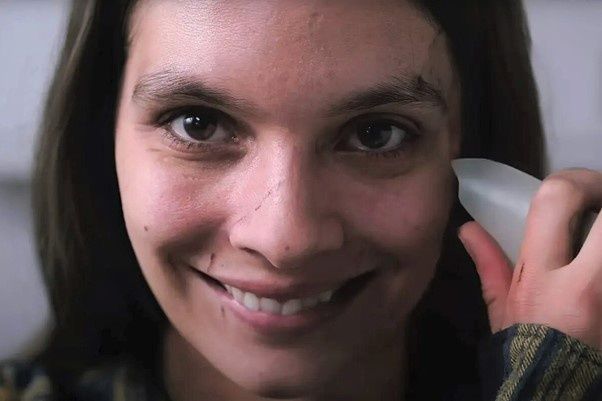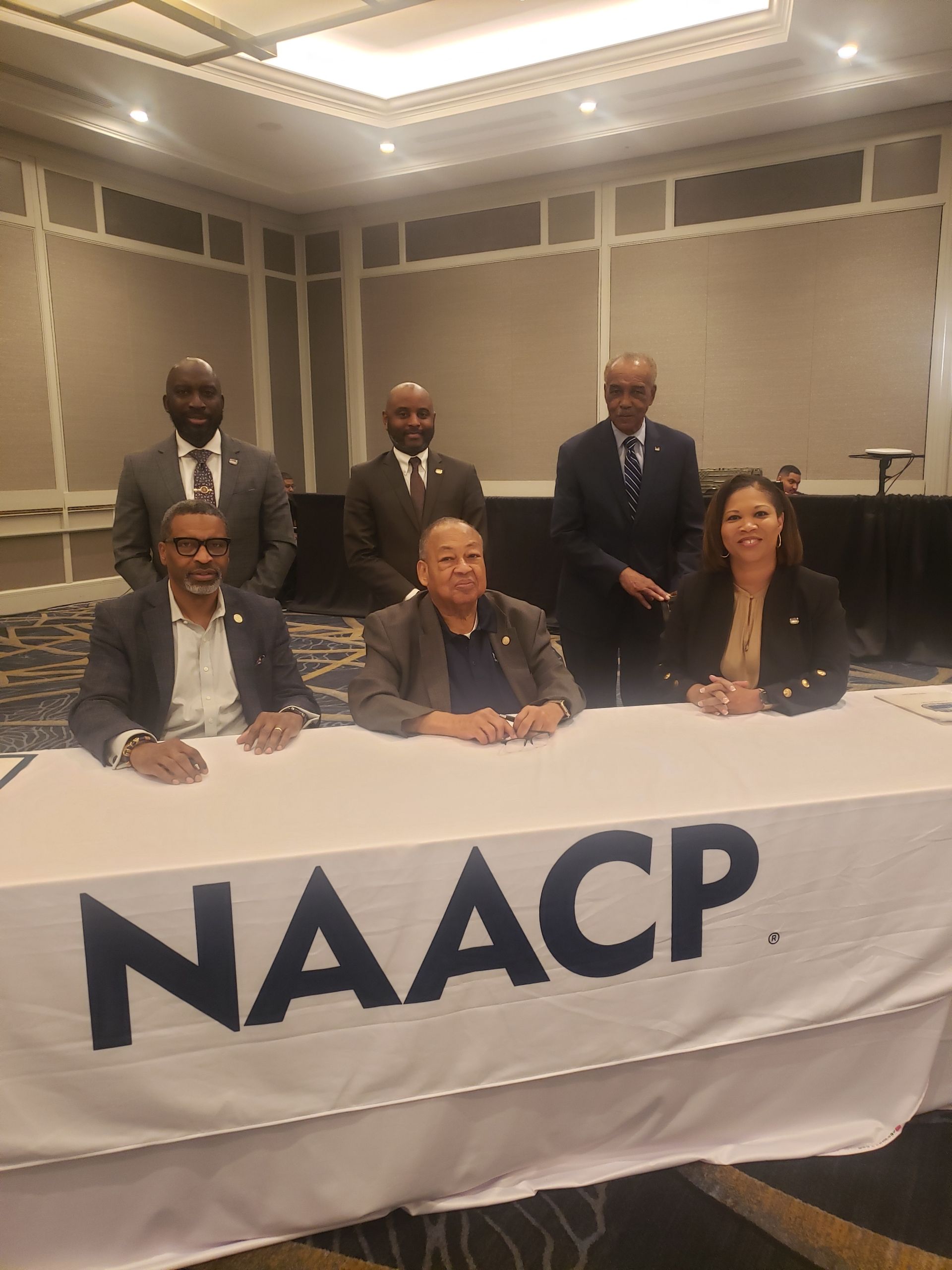Bridging the Divide: Persistent poverty puts home ownership out of reach for many Memphians
MEMPHIS, Tenn. — It’s said that homeownership is a sign of wealth, but what do you do when that wealth is denied to certain people?
Studies show nationally, homeownership among African-Americans is a lot lower than White Americans. Experts say the same goes for the city of Memphis.
The question is why, and whether anything can be done to close the gap.
According to a 2018 Urban Institute study , about 73% of White residents in Memphis were homeowners, while only 42% of Black residents owned their homes.
Real estate broker Latasha Conway with Divine Destiny Realty says the main reason for the gap is a lack of education.
“A lot of people feel that, if I can pay rent, then I can buy a house,” she said, “but they don’t understand that there is a formula that is being used.”
That formula is the debt-to-income ratio.
Conway said most of her clients are minorities who have a large amount of debt, which isn’t too appealing when looking for a loan.
“That’s a way for them to say, ‘We’re not going to lend to you because we don’t feel like you’re financially stable.’”
A 2019 report by the National Association of Real Estate Brokers shows overall denial rates for home purchase loans for black applicants were double that for white applicants.
Conway said she tries to encourage clients to be mindful of their credit, but she says it’s difficult when in the city of Memphis, poverty has a stronghold on the Black and Hispanic communities.
“They can’t focus on I’m getting ready to buy a house because they have to focus on, ‘How am I going to pay the rent next month. How am I going to feed my children.’”
Elena Delavega, associate professor of social work at the University of Memphis, said people make the decisions they have to make based on the income they have, but nobody ever chooses to be poor.
From 2005 to 2018 poverty rates in Memphis were significantly higher among minorities than non-Hispanic Whites according to a University of Memphis study.
Conway said this directly contributes to the gap in home ownership, especially when she says there are investors who are buying affordable housing and renting the properties at much higher profits.
“The investors are coming in and they’re fixing them up and doing a great job, but the value is skyrocketing,” she said.
Professionals say the lack of affordable housing leads to more demand, in a city where the median income is around $30,000 among blacks and $60,000 among whites.
“I have a customer the other day who bought a $150,000 house. She didn’t get it because an investor put up $150,000 cash. So, how does my buyer compete with these investors?” said Nedra Redditt, president of the Memphis Women’s Council of the National Association of Real Estate Brokers.
She said the organization’s goal is to educate underserved communities on home buying practices and the subtle forms of discrimination.
Redditt said she’s unsure if the housing gap will ever be closed since reports show the gap between black and white homeownership today is larger than what it was in 1968 when the Fair Housing Act was enacted.
However, she says all hope is not completely lost.
“All we can do is what we’re doing, which is keep educating, which is motivating, which is holding our customers by the hand,” Redditt said.
Strides are being taken on a federal level to make home buying a reality for all. A senate bill called the American Dream Down Payment Act of 2020 has been introduced.
If put into law, people could open a savings account at the state level with the goal of saving for a down payment for a home.
CREDITS: Quametra Wilborn / WREG Memphis


